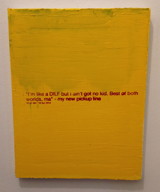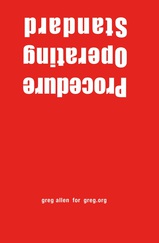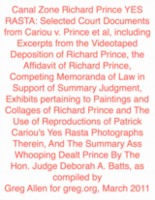I may be the newest proponent of home schooling, home film schooling, anyway. Spent the afternoon watching the Criterion Collection edition of Traffic, which--in addition to three complete commentary tracks (dir./writer; producers, consultant/composer)--has a supplemental DVD with 25 deleted scenes, piles of additional footage (Soderbergh shot everything on two or three cameras) and editing, dialogue and film processing details. [Just stop dithering and buy it now. Amazon's at least as cheap as any store.]
1) I'd forgotten what a watchable movie it is, and how stylized it is, too. The characters are laid out with real economy, to the point that almost all the deleted scenes--even the interesting, good ones--seem superfluous. The supporting characters especially, like Michael Douglas' aide in DC, his daughters' friends, Selma Hayek's drug moll, even the witnesses in the kingpin trial, deliver these lines that successfully carry the whole weight of their characters.
2) Listening to Soderbergh and screenwriter Stephen Gaghan was as entertaining as it was educational. There were hi-larious war stories as well as great bits of insight. In the scene where the drug dealer's going at it with Douglas' daughter, it's a wacky revelation to hear Soderbergh describe shooting from under the sweaty, nude dude. ("You're a fine-looking man, Steven," cracks the screenwriter.)
3) Stephen Mirrione gives some really interesting discussion of editing, especially the building process for one of the most complicated scenes, the teen overdose with Douglas' daughter. In editing Souvenir, our scenes had a far less layered structure; it was more sequential. Of course, none of our scenes are as intricately edited as the overdose scene, which grows increasingly (seemingly) chaotic, but which turns out to have a complex, layered rhythm when you look at the editing timeline.
[As I write this, there's a character--a callous, crazy robber--on The Practice named Gavin Brown, which is (coincidentally?) the name of an art dealer friend. Did the writer or director have trouble getting on the waitlist for work from one of Gavin's artists? When I was subletting my apartment from a writer for Melrose Place, a pompous, materialistic Wharton MBA named Craig turned up for a few episodes. I found out she'd changed it from Greg because she liked me. Which reminds me of another friend, Euan, who's onetime roommate turned their swingin' life into a shortlived WB sitcom. The Takeaway: be careful of befriending screenwriters.












